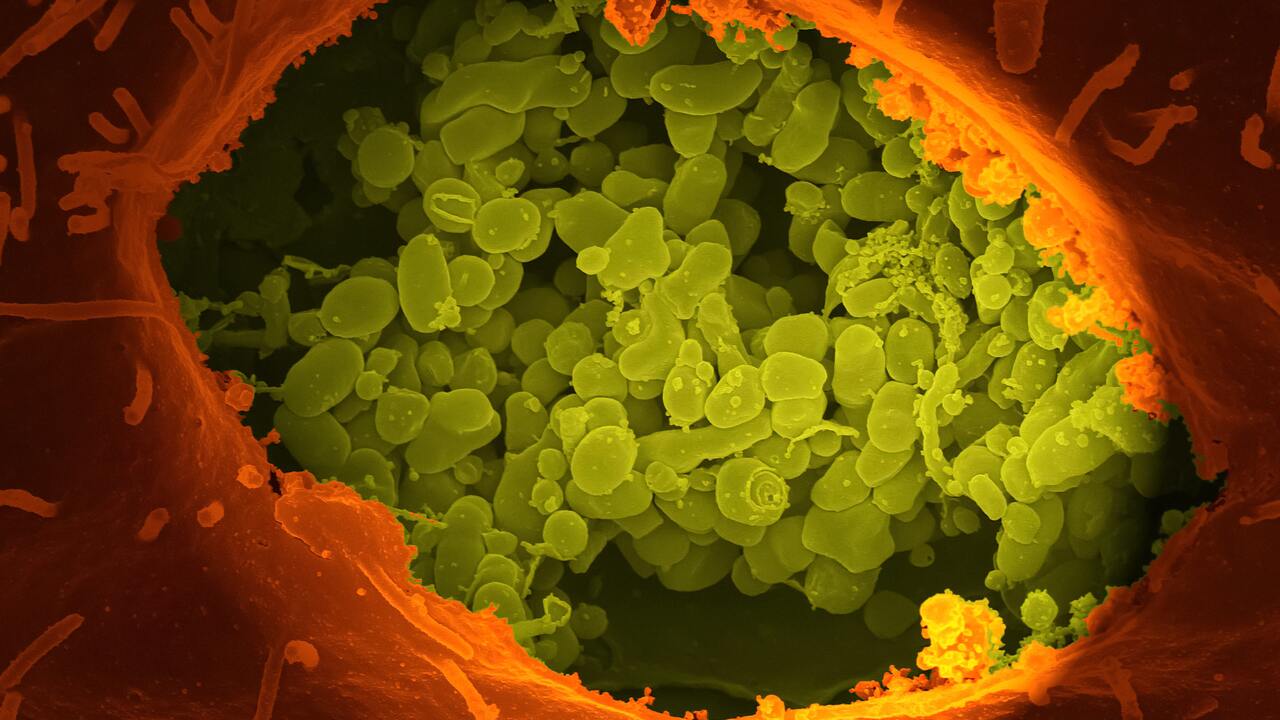In a new study, scientists introduced a potentially pathogenic bacterium enterococcus gallinarum – a species found in about 6% of the human gut microbiome – in sterile mice that do not have their own gut microbes. The researchers then observed the rodents for three months.
The researchers observed how the bacteria mutated into two different species. One resembled the original strain and the other had minor DNA mutations so it could live in the intestinal mucosa and survive in the lymph nodes and liver.
Even more worryingly, the mutated bacteria may go undetected in other organs and escape the attention of the immune system. In mice, the presence of mutant microbes can lead to inflammatory reactions, including those associated with autoimmune diseases.
Source: Ferra











